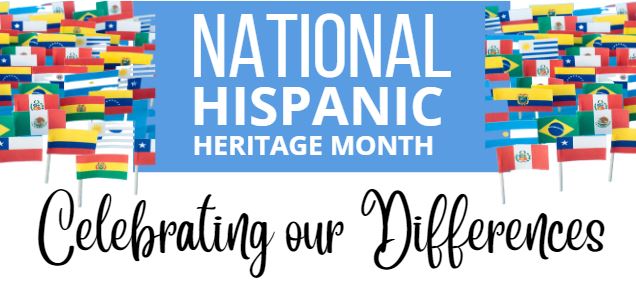Monday, January 16th is Martin Luther King, Jr. National Day of Service.
The legacy and impact of Martin Luther King, Jr. continues to grow each year and his impact has increased as more Americans embraced the idea that citizenship involves taking an active role in improving communities.
Martin Luther King, Jr. Day became a national holiday in 1983, and in 1994, President Clinton signed the Martin Luther King, Jr. Federal Holiday and Service Act. This made the holiday a day of community service. It is the only federal holiday designated as a National Day of Service and is meant to encourage all Americans to volunteer to improve their communities.
No matter what kind of volunteering or community support you want to provide, opportunities abound! As a way to remember and honor Martin Luther King, Jr., take a look at Global Citizen, click on “find a project” and search in your area for a service project that feels right for you. You can also check local colleges and universities for ways to participate in marches, gatherings, and community events that celebrate MLK and promote a culture of service.
Commit to service. All of us can volunteer, donate to worthy causes, and try to make a difference in our communities. Those who commit are the people who continue to answer Martin Luther King, Jr.’s question:
“What are you doing for others?”





